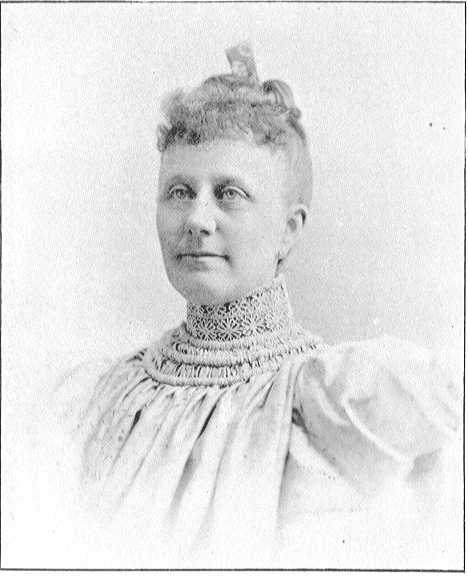This is a transcription of the Elizabeth (Kilburn) Remich biography from New Hampshire Women: A Collection of Portraits and Biographical Sketches of Daughters and Residents of the Granite State, Who are Worthy Representatives of their Sex in the Various Walks and Conditions of Life, The New Hampshire Publishing Co., Concord, NH, 1895, page 107.

Elizabeth (Kilburn) Remich
WOMAN long ago won recognition in the domains of literature and education, and in certain professional lines had competed successfully with man; but, until recently, had not demonstrated capacity for success in the business world. Of late there has been a tendency among American women to engage in business lines, and they have furnished therein many notable examples of successful work. Among those in New Hampshire who have succeeded in this direction is Elizabeth Kilburn, wife of Daniel C. Remich, and daughter of B. W. Kilburn of Littleton, the noted landscape photographer, and leading American manufacturer of stereoscopic views. A descendant of John Kilburn, the pioneer settler of Walpole, whose heroic defence [sic] of his home against four hundred savages during the incursion of the Canadian Indians in 1755 made the name immortal, she inherited the energetic and self-reliant spirit of her ancestry, and, on the completion of her school course, instead of devoting herself mainly to fashionable life and social pleasures, she chose to direct her attention to the increasing demands of her father’s business, in where she had ever taken interest, and was soon able to assume full oversight of the departments of manufacture and sale, in the management of which she has developed large business sagacity, while her taste and judgment have proven of constantly increasing value with reference to new plans and lines of work. Meanwhile she has neglected none of the just demands of society or the claims of humanity. She is at home in the drawing room, the literary circle, or in private and organized charitable work. She is a trustee of the Littleton Public Library, actively interested in church as well as educational affairs, enters heartily into her father’s plans for beautifying the town and promoting the comfort and enjoyment of the people, is in full sympathy with her husband in his reform work and other activities, and neglects no movement in the community where her power for the good may be exercised.
